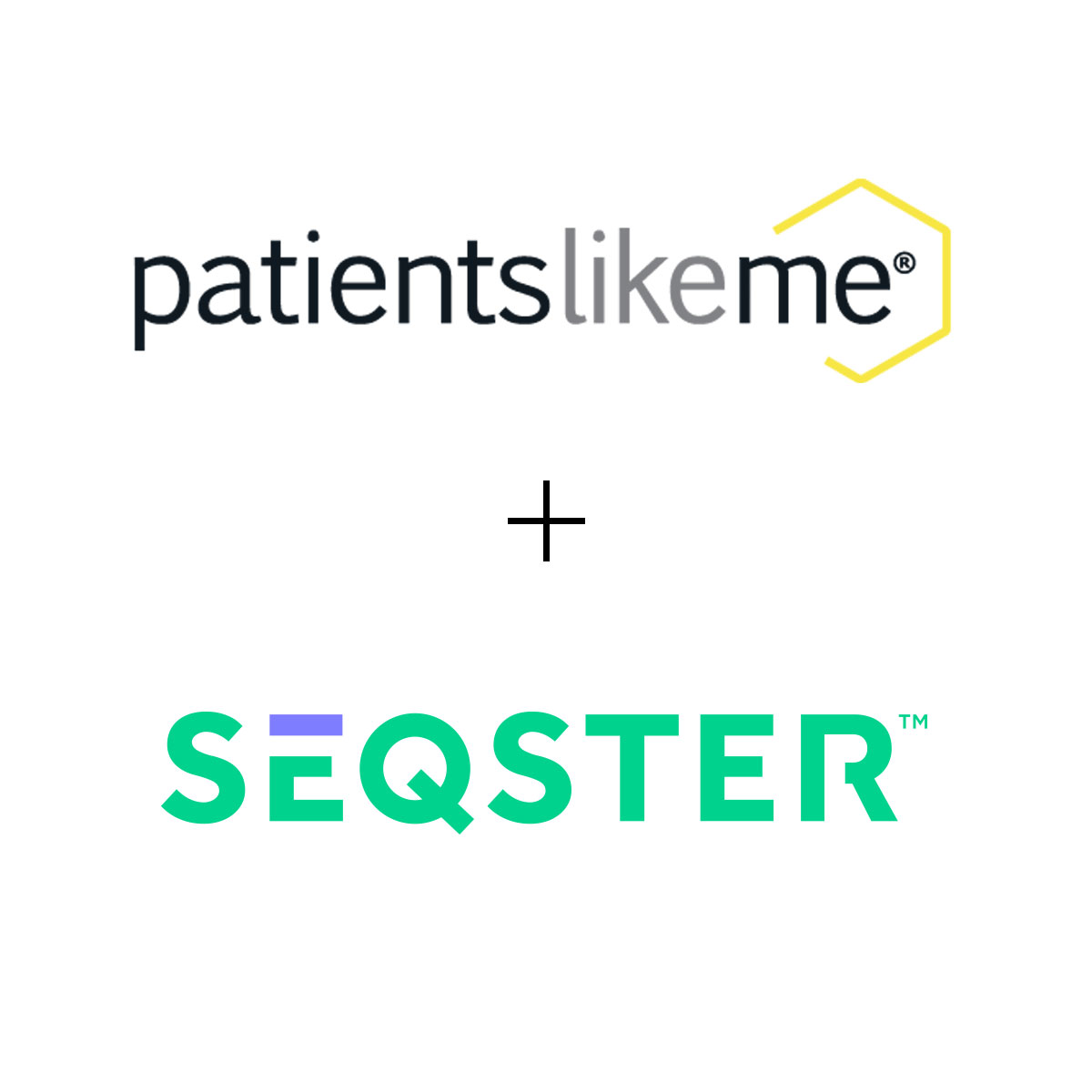SEQSTER and PatientsLikeMe Launch National Rare Disease Study

“We have been working with SEQSTER for the past year designing a best-in-class operating
system to empower rare disease patients and researchers with longitudinal health data in real-
time,” stated Chris Renfro-Wallace, Chief Operating Officer of PatientsLikeMe.
Alpha-1 Patients Consent, Connect, and Share all their Health Data Seamlessly to power their longitudinal health record in real-time
San Diego, CA, October 4, 2022 – SEQSTER PDM, Inc. ("SEQSTER") and PatientsLikeMe
(PLM), leaders in patient-centric healthcare data technology and patient engagement have
collaborated to launch one of the first rare-disease studies focused on Alpha-1 Antitrypsin
Deficiency (AATD). The study aims to better understand how to reduce delays in diagnosis,
decrease disparities in care and improve outcomes in patients with AATD through enhanced
digital real time data, peer support and real-world evidence.
“We have been working with SEQSTER for the past year designing a best-in-class operating
system to empower rare disease patients and researchers with longitudinal health data in real-
time,” stated Chris Renfro-Wallace, Chief Operating Officer of PatientsLikeMe. “This study
provides a unique opportunity for both SEQSTER and PLM to connect disparate patient health
data on one platform, while enhancing engagement by empowering patients in their own care.”
AATD is a rare genetic condition occurring in approximately 1/3500 people. It is characterized
by low levels of the alpha-1 antitrypsin protein, leading AATD patients to be very susceptible to
lung and/or liver disease. Although AATD can be diagnosed through genetic testing or through
AATD serum level, many cases of AATD are undiagnosed, with some studies suggesting up to
90% of patients may be undiagnosed or misdiagnosed.
“SEQSTER and PatientsLikeMe have come together to put the patient at the center of their
health data,” stated Ardy Arianpour, CEO & Co-Founder at SEQSTER. "Connecting patients to
their own data, and empowering them through engagement is critical, especially for those who
live with a rare disease and have unique diagnostic odysseys involving many trips to specialists
and medical tests."
Participants living with AATD now can consent, share, and engage with all of their data in one
place, leading to a seamless longitudinal patient journey.
